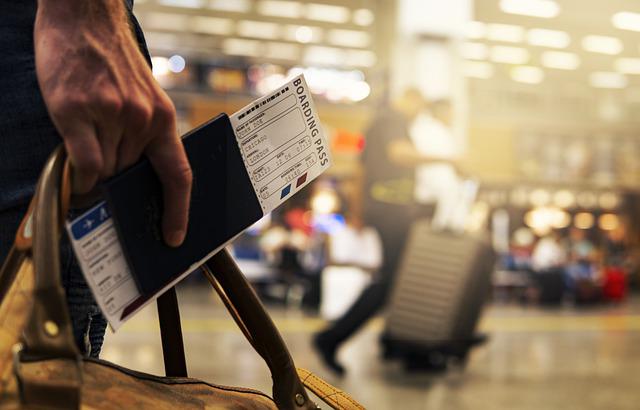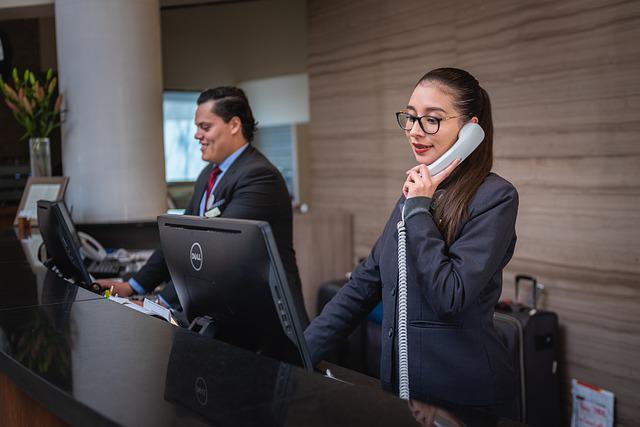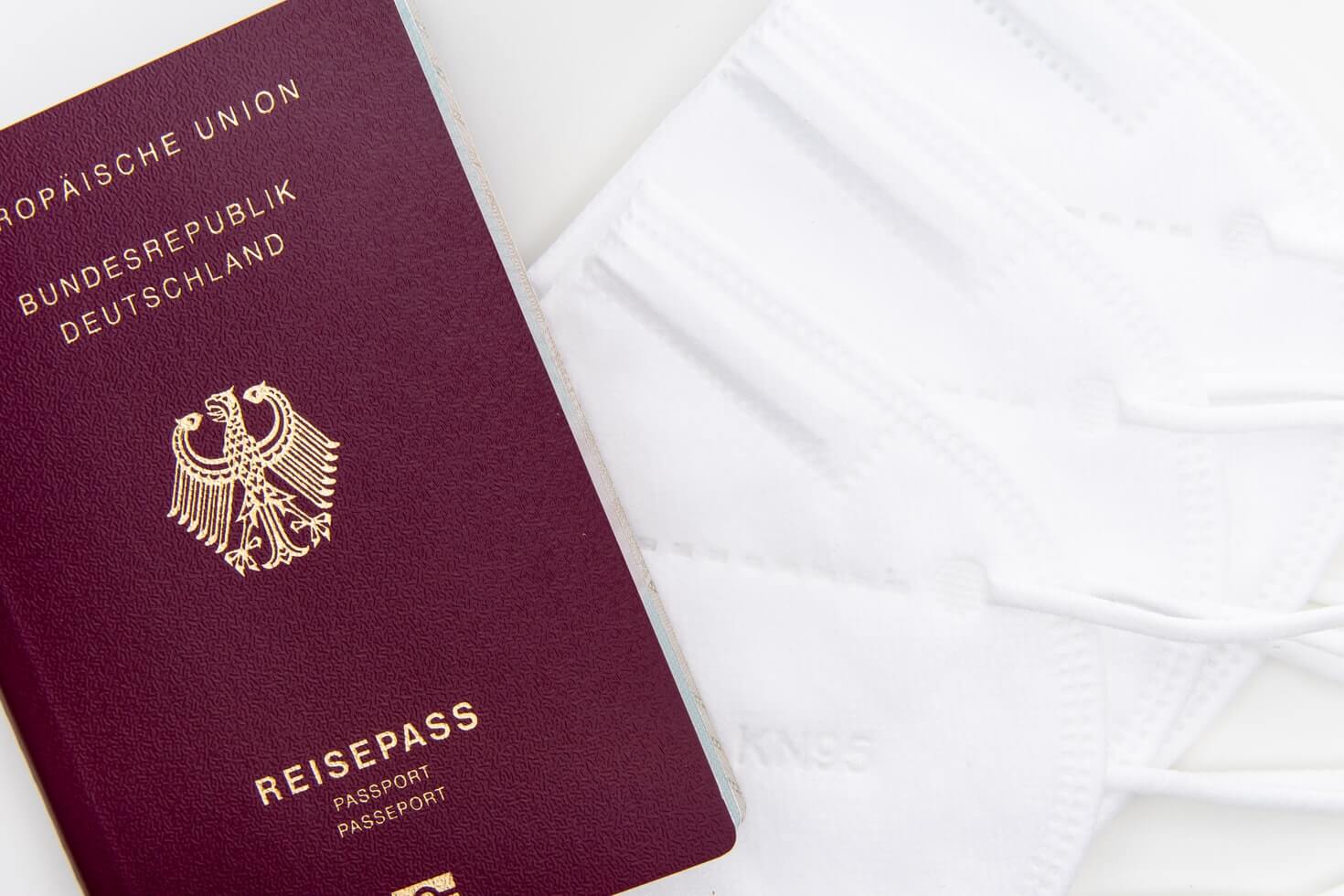How To Manage Corporate Travel Bookings Efficiently?
4 Mins Read
Published on: 18 July 2022
Last Updated on: 29 September 2023

toc impalement
The system that a corporation puts in place to make business travel easier is called corporate travel management. This involves the organization of a corporate event, as well as the preparation of a business trip and any other essential tasks for the business traveler.
Corporate travel agents ensure that the process is managed correctly and follows applicable regulations. It would be best if you accomplished this without putting a dent in the firm’s production.
What Are The Duties Of A Corporate Travel Manager?
A corporate travel manager is often an inside person who oversees the entire corporation’s travel program and all business travels. They are responsible for establishing the company’s travel policy, handling duty of care and risk management, and guiding international business trips.
Corporate travel managers may work in teams, depending on the company’s size.
Key responsibilities include:
1. Making arrangements for vacationers (not only c-suite executives but employees in any role).
2. Assisting separate departments in monitoring travel expenditures to ensure they don’t exceed their allotted funds.
3. Aiding tourists before, during, and after their journey.
4. Choosing and overseeing the relevant third-party service providers and booking platforms.
5. Attempting to get preferential pricing for the firm at hotels it often visits.
6. Group travel arrangements.
7. Setting up modes of local transportation, including car rentals and trains
8. Delivering reports on business travel costs to the chief financial officer for review.
6 Tips for Managing Corporate Travel Bookings Efficiently

Having a system set up to handle corporate travel booking, account for discrepancies when they arise, and keep everyone on the same page is crucial for smooth operations.
1. Pick an Advanced Booking System
Companies worldwide have begun using consumer-facing online travel agencies, which is expected given their convenience. What do you think occurs when a corporation books a trip using consumer-grade tools? Without proper management, the CFO must be a real villain. Overly controlled performance management of travel expenditures by the finance department is a must for all departments.
Technology is necessary for the shift to take place. The first step in modern travel technology solutions management is to choose a technology that prioritizes trust, transparency, and (most importantly) ease of use.
Key functions to search for in a new trip management system:
- Using self-booking within policy
- Billing all at once
- Reporting on Travel Expenses
- Easy to book, which travelers love
- Great supply
- Trip support
2. Provide Round-The-Clock Assistance to Travelers
Unless you’re a vampire who never has to sleep, providing round-the-clock assistance to travelers may be challenging. Cancellations, adjustments, and other requests may force you to work late into the night or on the weekend.

The firm loses time and money if customers have to wait around for repairs while you’re not present to assist them. It makes sense for a busy office manager or travel manager to collaborate with a reliable partner who can provide around-the-clock assistance with business trips.
Many offices and travel managers tackle last-minute problems. When you’re not around, a partner can help you determine what’s important and where to get help. Check group trip booking in addition to trip changes and cancellations. Check out group travel tools.
3. Design Systems for Policy Review and Approval
When you automate your travel policy, your business travel management will be improved in three ways. You ensure that the travel policy is followed and kept up. The administrative team no longer has to book all trips, which saves them time. Travelers have the freedom to make their reservations.
Do some departments, offices, or travelers have different needs when they travel? If so, your company’s travel policy will be more complicated because you won’t have a single rule that applies to everyone.
These are the most important parts of a travel policy or business travel program for most companies:
- Minimum number of days to book ahead
- Ranking by stars: accommodations
- Class of flight allowed
- Maximum airfare price
- Optimal nightly hotel expenditures
4. Maintain Organized Data of Trip Expenditures
Managing travel well isn’t just the job of your admin team. Generally, managing your expenses with the help of your finance and operations teams is also very important. Why? You want reports on how much you spend on travel that is not only correct but also helpful.
Using cost centers and ensuring that all of your trips are in the reporting tool, you can help the finance team find ways to improve the budget.
5. Make Connections with Vendors and Service Providers
One of the most important things a travel manager has to do is negotiate with providers. This can affect how much money is spent on business trips, how good the work environment is, and how happy the travelers are. Beyond the necessities of a business partnership, a positive, friendly approach may go a far way when negotiating with suppliers.

Allies of the travel manager are or can be providers, and it is their job to give them better management.
The best thing to do is choose a provider, like a hotel or transportation service, that lets you make changes or cancel at the last minute. A backup plan is not bad if your preferred service provider cannot meet unexpected modifications.
6. Ensure Smooth Operation by Doing Follow-Up
Just because you’ve got everything set up doesn’t mean you’re done. Several unforeseen events might occur during a trip, including airline or hotel modifications, issues with the allocated budget, lost luggage, etc. Following up with suppliers offers you adequate time to devise solutions and address unanticipated difficulties.
Communicating successfully with road workers is also vital. Regardless of an employee’s whereabouts or travel, two-way communication is crucial for keeping them apprised of schedule modifications, organizational changes, etc.
Conclusion
Organization, attentiveness, and willingness to put in long hours are the characteristics of a successful corporate travel manager. Keeping these guidelines in mind will have you well on your way to being a corporate travel management pro.
Read Also:


















Comments Are Closed For This Article